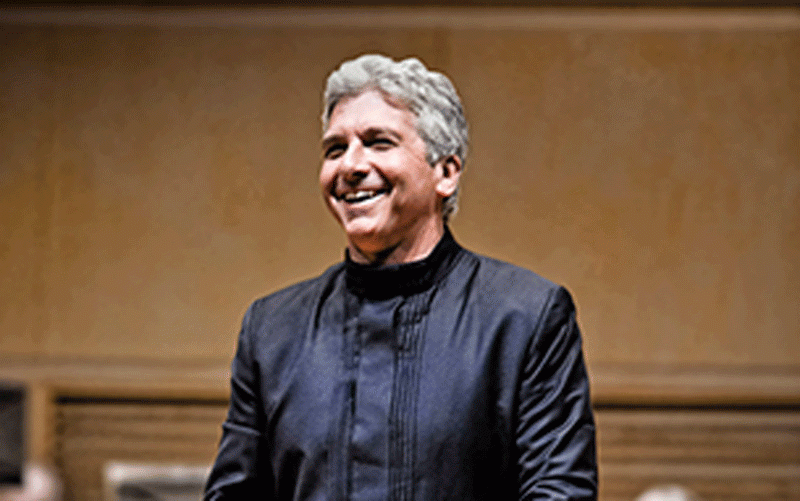
school of sport:with TIM MIDDLETON
In the powerful Oscar-winning film, Chariots of Fire, which followed the great rivalry between the two great sprinters of the early 1920s, Harold Abrahams and Eric Liddell, Abrahams suffered a humiliating defeat to Liddell and reflected deeply about it with his girlfriend, the actress Sybil Evers. He felt he should give up, there and then. Miss Evers tried to encourage him by saying that perhaps being beaten was for the best at this stage in his career, an opportunity for him to learn and benefit. Instead, Abrahams is heard to respond morosely: “I don’t take a beating. I run to win. If I can’t win I won’t run.” In a wonderful example of clear and convincing feminine logic, Miss Evers simply replied: “If you don’t run, you can’t win!”
In previous articles, we have concluded that sport is worth doing and, as the old saying goes, if something is worth doing it is worth doing well — so we must do sport well. Interestingly, Stuart Briscoe, a prominent preacher, spoke about how his church changed that view slightly and held as their mantra that if a thing is worth doing it is worth doing badly. He was not encouraging people to go out deliberately to behave badly or perform poorly; rather he was saying that if something is worth doing and it is done poorly we must persist and continue with it — we do not give up. As an example, we may reflect that the best preachers probably delivered dreadful sermons the first time they tried but they did not give up, nor were they discarded as useless.
William Wilberforce, is well known for being the one who managed to bring about the end of Britain’s involvement in the Transatlantic Slave Trade. What is less well known is that it took him over thirty years to achieve that crucial decision; every year he went back to Parliament calling for the Abolition of Slavery, facing mockery, persecution, loss, defeat after defeat, but he persisted and in 1833 the Slavery Abolition Act was signed. Without question, he believed that the fight against slavery was worth it so he continued with it even when it went badly.
Another politician of a different era, Winston Churchill urged and challenged the nations to keep going, even in the face of severe losses, deep despair and hopelessness in the Second World War; he did so because he believed unerringly that it was not simply worth it but it was absolutely essential that they fought on for freedom. It was worth even the dreadful cost. Years later, when he was invited back to his old school as the Guest Speaker at Speech Day, he won the audience by standing up and simply saying, “Never, never, never, never, never give up” before sitting down.
Thomas Hardy is well-known for his classic yet tragic novels though he himself preferred to be remembered for his poetry. He was often questioned why he chose to write such depressing novels and his answer could perhaps be found in one of his poems, In Tenebris II where he wrote “If a way to the better there be it exacts a full look at the worst.” If we are going to progress we need to go through even the hard times; we do not give up simply because everything is not plain sailing. There is another powerful poem, entitled ‘Don’t Quit’ by John Greenleaf Whittier, that urges people to “Rest if you must, but don’t you quit” even when times are tough, not least for the reason that “you never can tell just how close you are, It may be near when it seems so far”. It ends with the lines, “So stick to the fight when you’re hardest hit — it’s when things seem worst that you must not quit”.
From preaching to politics to poetry, the message is all the same; if a thing is worth doing, it is worth doing badly. The same applies unquestionably to sport. If sport is worth doing (and we repeat, loudly, strongly, boldly, repeatedly, it is worth doing), then we do well to remember that it is worth doing badly. If we do not run, we will not win. Wayne Gretzky, the ice hockey legend, made a similar point: “You miss 100% of the shots you don’t take.” The risk of missing is worth it. The champion tennis player, Billie Jean King, explained how she achieved her success and replied, “Champions keep playing until they get it right.” Another top tennis player, Vitas Gerulaitis, who won many top-level titles (including Grand Slams), reflected humorously that “Nobody beat Vitas Gerulaitis seventeen times in a row” after Jimmy Connors had beaten him sixteen consecutive times. We may lose a game; we may lose several games; we may lose every game but we do not quit — why? If a thing is worth doing, it is worth doing badly. Do not forget that; maybe even give it an “Amen!” Do not quit.
l Tim Middleton is a former international hockey player and headmaster, currently serving as the Executive Director of the Association of Trust Schools Email: [email protected]











